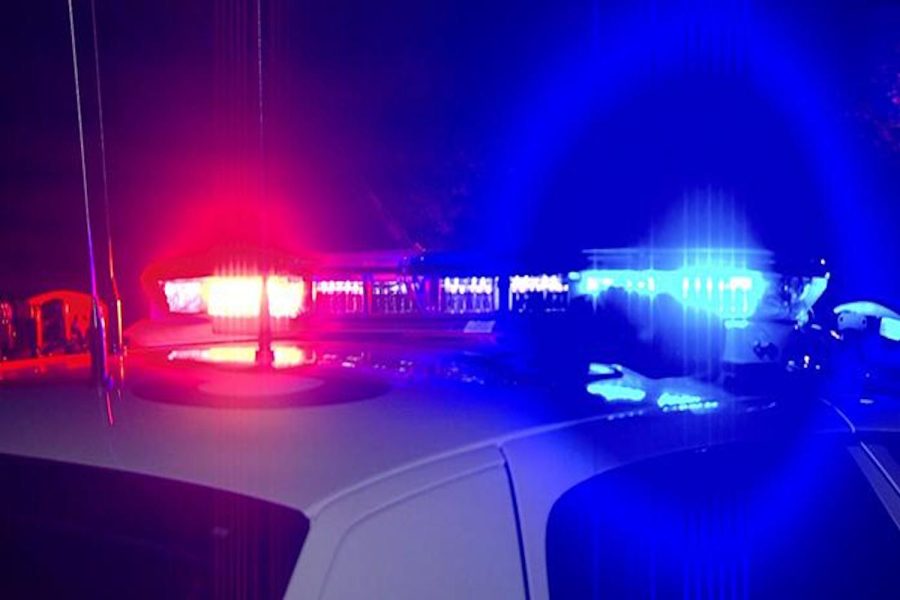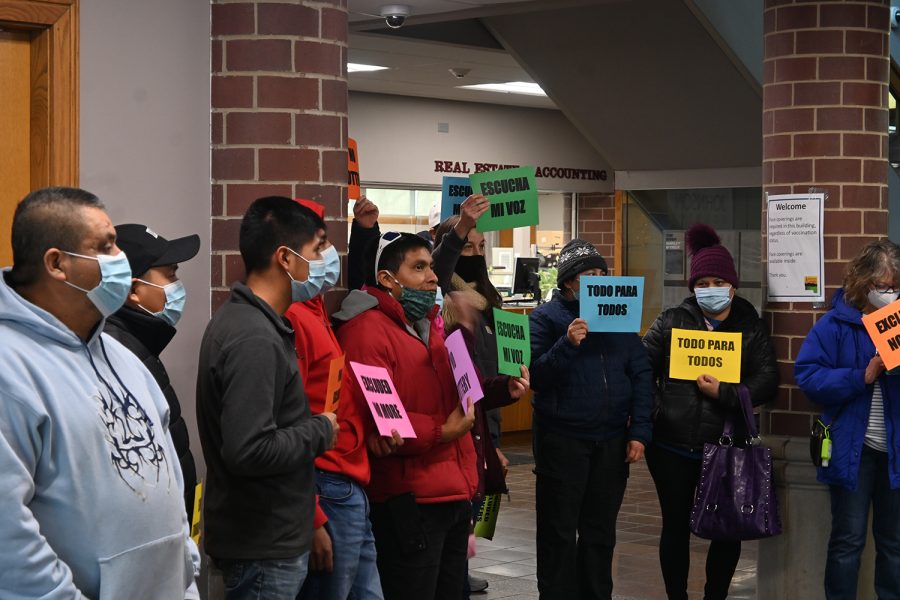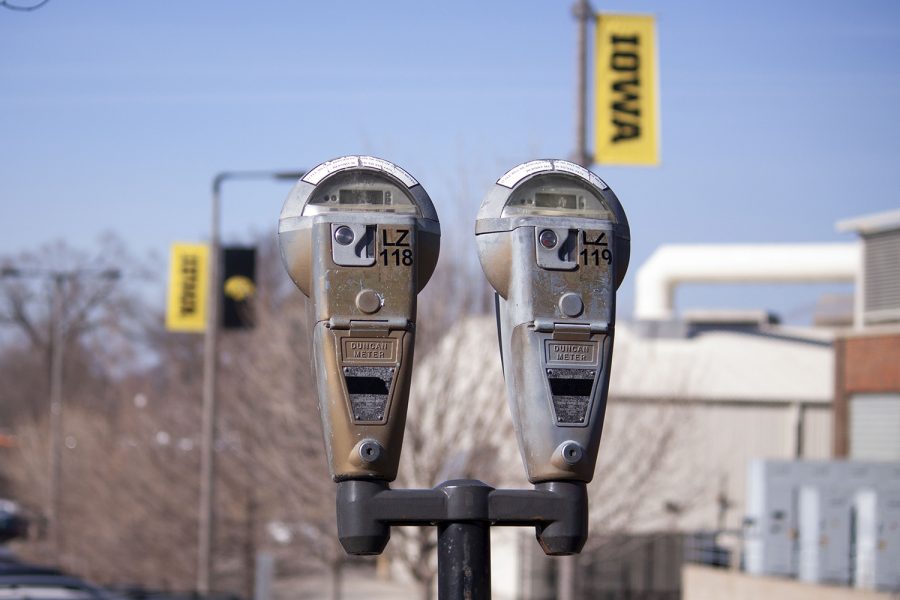President Obama wants science fairs. Students want science fairs. Teachers want an alternative.
School science fairs were brought to the nation’s attention following the president’s support in his last State of the Union address. But many local schools aren’t holding science fairs because of logistical challenges, budget difficulties, and new curricula.
Instead, more students are choosing school clubs and regional fairs.
At Iowa City’s West High, science department head Doug Herman points to the numbers: 1,800 students and “tons of science classes.” Those figures keep the school from pursuing additional science fairs.
“We would logistically never be able to do something like that,” he said.
And faculty from Northwest and Southeast junior highs said budgetary concerns and the format of science classes — including an increasing emphasis on lab work — have decreased the need for a school science fair.
“With budget cutbacks, we’ve had to cut back on a number of clubs,” said Southeast Junior High Principal Deb Wretman. “Unfortunately, we’re in a cutback phase. It comes back to money and the availability to pay sponsors and transfer costs.”
But teachers and officials said there are other avenues for students to be involved in extracurricular science. Local junior highs and high schools have begun directing students to school clubs and regional activities that focus more on career opportunities.
City High math department head Vicky Pederson directs Project Lead the Way, part of a nationwide organization that funds engineering and biotechnology programs at high schools. She said 32 students are enrolled in City High’s group, up from six in 2007.
“We are trying to push our students toward science technology-oriented programs, given the up-and-coming job options that they might have,” Pederson said.
Jamie O’Donnell, a 2010 West High graduate, joined the school’s JET engineering group his senior year with little prior knowledge of the program.
“I’ve always been interested in science and liked all the classes and teachers,” said the 18-year-old, who is now studying molecular biology at Princeton. “I’m friends with a lot of people who were also interested in science, so it was natural on several levels.”
Some of these extracurricular science clubs are growing in Iowa. Nearly 50 regional high schools competed at the third-annual FIRST Tech Challenge Iowa Championship, a regional division of a nationwide robotics competition held last weekend at the IMU. In 2008, only two schools attended.
Mount Vernon High sophomore Hunter Lind, the team’s lead programmer, said his team’s robot helped teach him complex coding techniques.
“The protocol of the program is tested, and if it doesn’t work, you have to redo it and redo it,” he said.
In addition to extracurricular clubs, students can compete in science fairs at a state level.
Participation in competitions has stayed fairly stable or grown over the last decade.
The State Science and Technology Fair of Iowa had 560 students from 54 high schools participate in 2010, a 25 percent increase in participants over the last three years.
Andrea Spencer, the director of the State Science and Technology Fair, believes the increasing numbers come from a dedicated staff and scholarships offered to fair winners. The Iowa Space Grant Consortium has given $5,000 to top competitors, and the Iowa Biotech Association gives $500 to $5,000 grants to fair participants who plan on attending an Iowa college.
Ultimately, students seeking the experience and rewards of a science fair often have to find competitions on their own, because teachers tend to only offer aid to students who seek them out.
“I feel like as a teacher, I’m already busy enough — I have kids of my own and can’t put in hours and hours and hours of extra work,” said West High chemistry teacher Carolyn Walling. “Do we encourage kids to apply? Yes. Do we actively recruit them? No.”






